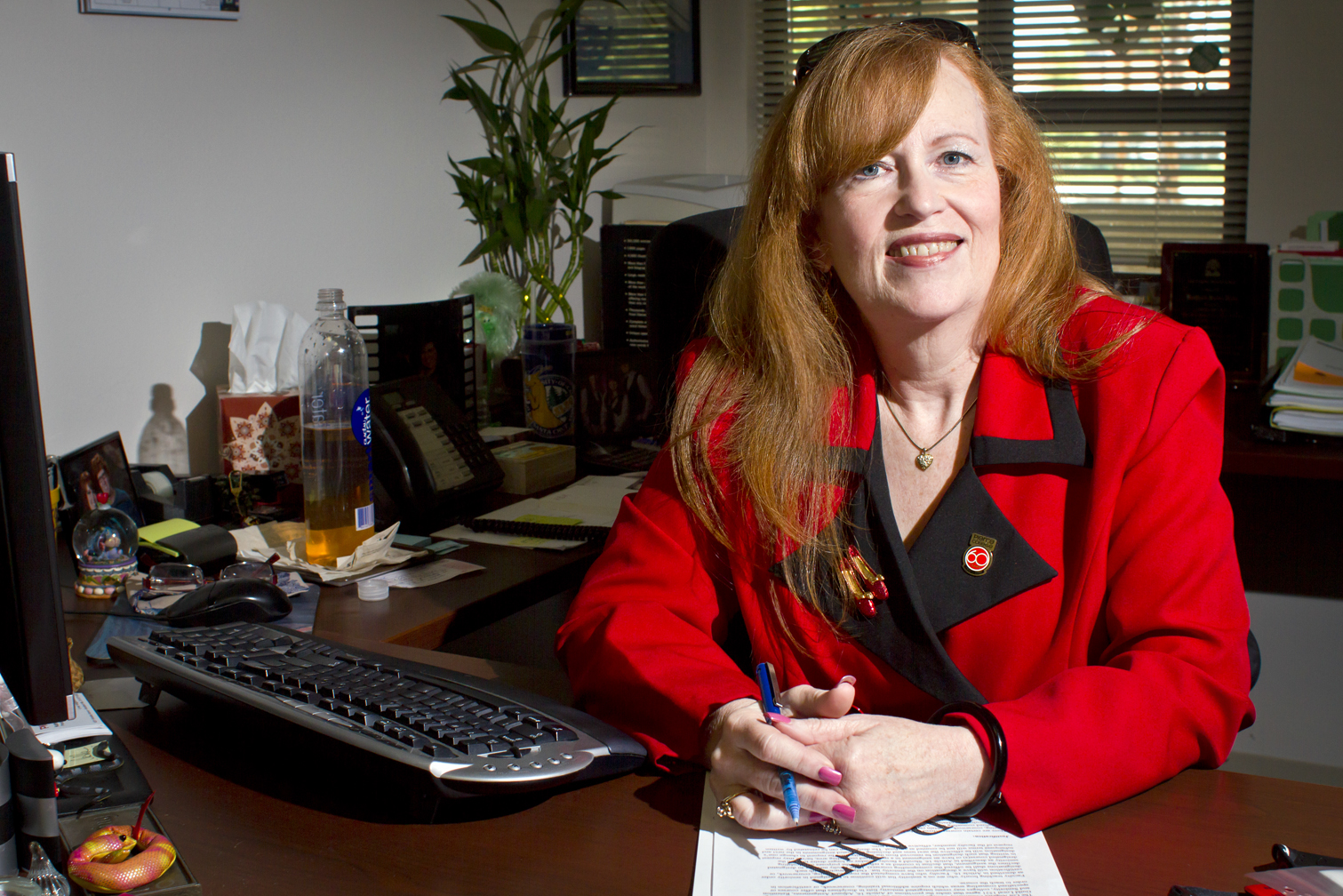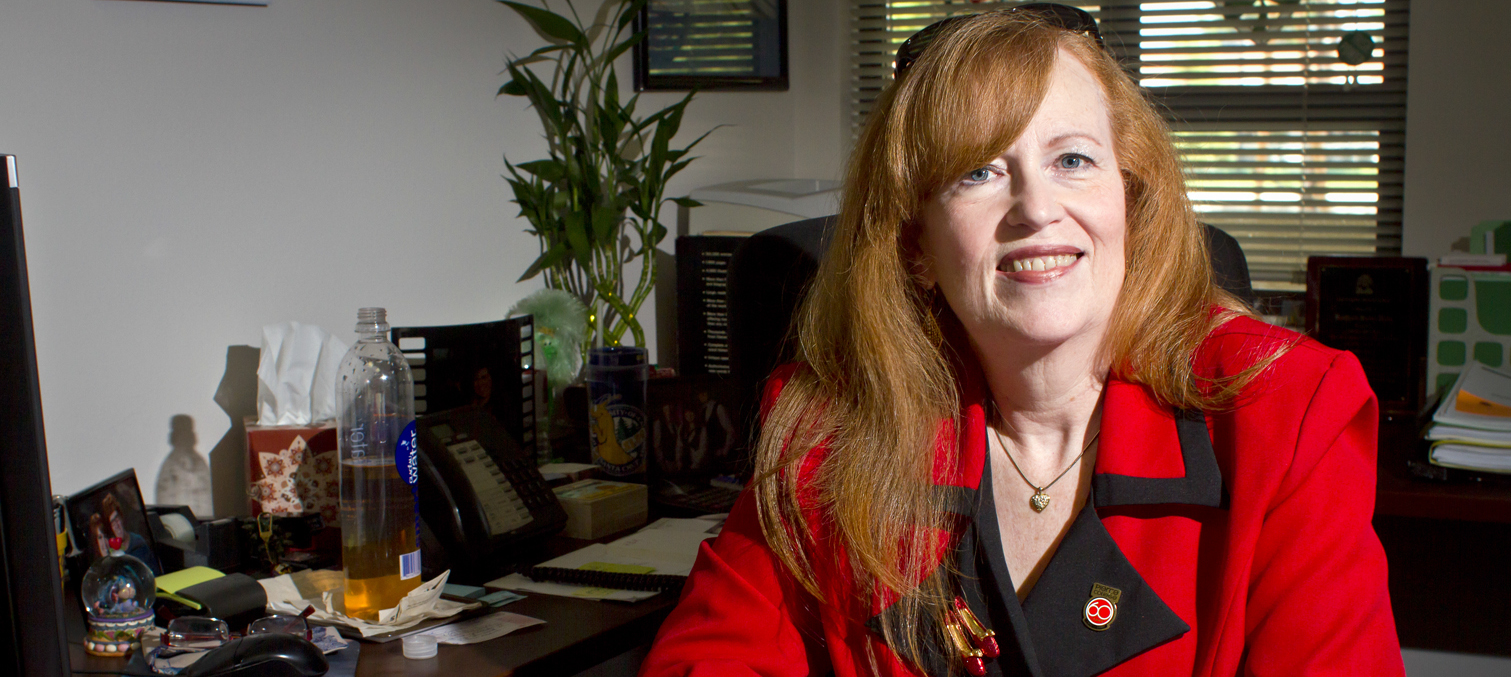
Kathleen Burke-Kelly didn’t have too much trouble paying for her education when she was attending Glendale Community College.
“I don’t remember college being a huge expense,” she said. “The economy was still pretty good then. My parents paid zero dollars for my tuition.”
Dr. Burke-Kelly, Pierce College’s current president, acknowledges that it isn’t the same situation anymore after state support for community colleges has declined, consecutive cuts to the higher education budget has become almost routine, and tuition fees have steadily increased.
“You’re all clearly paying more than I was,” she said. “It’s as bad as I’ve ever seen. I didn’t think it would go this long.”
After this semester ends, Burke-Kelly will have served the Pierce campus for two years.
As the leader of the Pierce campus, the pressure to deal with the immediate effects of the economic decline is significant.
“[The administrators] have a tremendous amount of responsibility because we want to do what’s best for the students,” she said. “We want to give them all the choices at their disposal.”
This is one of the strengths Burke-Kelly possesses as a leader, according to Tom Rosdahl, Academic Senate president.
“She has a very different leadership style from past presidents,” he said. “She’s willing to make decisions but would rather committees make recommendations to her.”
However, college presidents in reality don’t have much control over the situation, according to Burke-Kelly.
“We have very little power. We’re basically custodial in role, and we’re really moving forward recommendations as a college as a whole,” she said. “We keep an eye on the broader things. It’s really [the internal committees] that direct and advise decisions.”
When Burke-Kelly was first appointed college president by the Los Angeles Community College District, she aimed to “bring more awards, degrees and certificates,” according to a Roundup article published May 2010.
“The school has a strong history of dedication to student success and achievement,” she said.
Because of detrimental effects of the state’s fiscal situation on community colleges, however, Burke-Kelly faced difficulty in meeting her goal. For instance, each semester brings fewer classes.
“Statistically, the number [of degrees] is lower than that two years ago, but I really don’t have anything to compare it to,” she said.
She admits that the dire situation hasn’t been easy for her.
“We have to do [all of our planning] with less money,” she said. “It’s not easy. I very rarely get to say ‘yes’ to anything.”
Cheryl Smith, executive assistant to the office of the president, still feels that Burke-Kelly is doing her best with what she has.
“She’s doing her best to keep all the departments in mind [when deciding how to spread district budget cuts]. It’s not an easy job,” Smith, who has been working with Burke-Kelly since she started at Pierce, said.
One of Burke-Kelly’s main focuses during her term is preparing for the upcoming accreditation visit to the campus in 2013. The administration was able to create additional committees to assist with achieving standards for accreditation, according to Burke-Kelly.
“This year is a planning year. Everything we’re working on is not done yet,” she said. “Next year is going to be our implementation year.”
Still, the less-than-ideal situation surrounding community colleges doesn’t deter her from serving the campus. She currently has a three-year contract with the district, but her term can be extended by the LACCD.
“This is my career. I do believe I have something to offer in terms of leadership,” she said. “It would be nice to be here [when things get better]. It’d be nice to say ‘yes’ for a change.”




